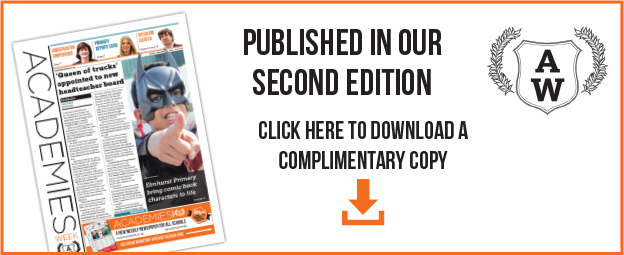Headteacher boards, the first attempt to move power to the regions, deserve the support of school leaders
eadteacher boards (HTBs) are now up and running in each of the eight new Department for Education (DfE) regions. Regional schools commissioners (RSCs) and their boards have jurisdiction only over academies because it is only academies (and, for this purpose, free schools) that are in a contractual relationship with the secretary of state and for which the DfE takes some direct responsibility.
The HTBs were elected on a respectable turnout in July. There are four elected heads on each, and two appointments in the gift of each RSC, who might not have teaching or school leadership experience. This latter category would certainly prove controversial in cases where such appointments were not considered by the serving heads to have the appropriate experience or skills. After all; these are headteacher boards.
Nevertheless, serving heads who have been elected by their peers are in the majority and it is certainly possible that some people with highly credible senior experience from other walks of life might make a valuable contribution. The boards are designed primarily to be non-executive. They will have access to a privileged range of information about the performance of academies and academy groups, and about “pipeline” projects and plans, but the information is assembled by civil servants and the ultimate decision-making power rests with the RSC.
The oversight of academies is strictly delimited. Academies were set up as independent state-funded schools, so RSCs and their HTBs have no power to interfere in the running of academies or groups of academies unless they are showing clear or early signs of failure. That will normally mean outcomes in marked decline, or below the floor standards, or Ofsted judgments that give serious cause for concern.
So why do RSCs and HTBs merit support? First, they are an attempt to bring decision-making about schools closer to those schools’ contexts.
HTBs are already injecting a sense of reality into the sometimes not very grounded world of Whitehall decision-making
Commissioners are visiting schools, meeting with heads, chairs and chief executives in a way that was much harder for senior Whitehall officials overseeing academies. The move to academies was always open to a charge of over-centralisation, and this first attempt to move power to the regions therefore demands at least a level of support.
Second, the inclusion of serving academy headteachers, elected by their peers, is a first attempt to enable school leaders to take a role, albeit at this stage non-executive, in regulating the system.
There are those who will view this with suspicion: who are these people? What are they finding out about my school? Who said they could make decisions about my school’s future? But would these sceptics rather have unelected DfE officials in charge, most of whom have no contextual understanding of school leadership? Already we are hearing of cases of HTB members rigorously challenging some of the more outlandish decisions made about new academies or free schools, injecting a sense of reality into the sometimes not very grounded world of Whitehall decision-making.
If we believe in a self-improving system that is largely school-led, we have to put our money where our mouth is.
We need people prepared to take system leadership responsibility, and do it with integrity. And as mature professional leaders we need to be able to take these decisions not just at school level but at system level too. The HTBs may be seen as a transitional phase in the development of school regulation and governance, but they are at least that and as such deserve support.
This week ASCL has published a draft blueprint for a self-improving school system. This is an attempt to grasp the leadership challenge of shaping the future of our education service. It addresses the question of scrutiny and intervention and how HTBs might evolve.
Brian Lightman is general secretary of the Association of School and College Leaders (ASCL)








Your thoughts